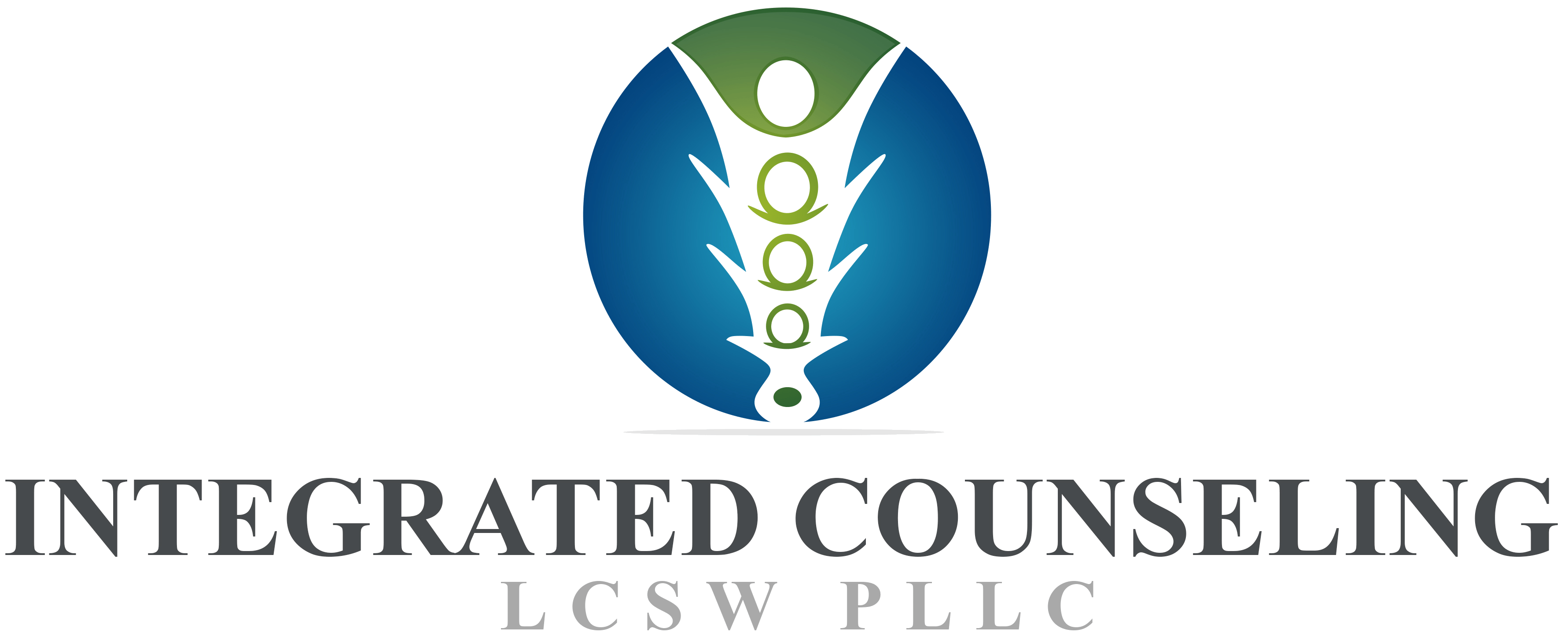ANXIETY TREATMENT
Anxiety treatment involves therapeutic interventions aimed at helping individuals manage and reduce symptoms of anxiety, as well as promoting overall well-being and resilience. As a therapist specializing in anxiety treatment, your role is to provide support, guidance, and evidence-based strategies to empower individuals in their journey towards overcoming anxiety.
In anxiety treatment, you would typically begin by conducting an initial assessment to gain a thorough understanding of the individual’s specific anxiety symptoms, triggers, and the impact on their daily functioning. This assessment helps you tailor the treatment approach to their unique needs. Throughout the therapy process, you would utilize various evidence-based techniques to address anxiety and promote healthy coping mechanisms.
Treatment Process
Key components of anxiety treatment include:
- Psychoeducation: Educating individuals about anxiety, its physiological and cognitive components, and its effects on daily life. This helps individuals gain a better understanding of their anxiety, reduce self-blame, and develop a sense of empowerment.
- Cognitive-Behavioral Therapy (CBT): Utilizing CBT techniques to identify and challenge negative thought patterns and beliefs that contribute to anxiety. This approach helps individuals develop healthier thinking patterns and improve coping skills.
- Relaxation Techniques: Teaching and practicing relaxation techniques, such as deep breathing exercises, progressive muscle relaxation, mindfulness meditation, or guided imagery. These techniques help individuals induce a state of relaxation and reduce physiological symptoms of anxiety.
- Exposure Therapy: Gradual exposure to anxiety-provoking situations or stimuli in a safe and controlled manner. This technique helps individuals confront and gradually overcome their fears and anxieties.
- Stress and Time Management: Assisting individuals in developing effective stress management techniques, such as setting realistic goals, prioritizing tasks, and establishing healthy boundaries. This helps individuals reduce stress levels and regain a sense of control.
- Behavioral Strategies: Introducing behavioral strategies to help individuals modify maladaptive behaviors and develop healthier coping mechanisms. This may include promoting regular exercise, improving sleep hygiene, and engaging in pleasurable activities that reduce anxiety.
- Self-Care and Lifestyle Changes: Collaboratively working with individuals to establish healthy self-care practices, including proper nutrition, exercise, sleep, and relaxation activities. These lifestyle changes can have a positive impact on overall well-being and anxiety management.
- Mindfulness and Acceptance-Based Approaches: Incorporating mindfulness and acceptance-based techniques to help individuals cultivate present-moment awareness, develop a non-judgmental attitude towards their anxiety, and improve emotional regulation.
The goal of anxiety treatment is to empower individuals with the necessary tools and skills to manage and reduce anxiety symptoms, improve daily functioning, and enhance overall quality of life. By combining therapeutic techniques, providing psychoeducation, and fostering resilience, anxiety treatment seeks to support individuals in overcoming anxiety and regaining a sense of calm, control, and well-being.



